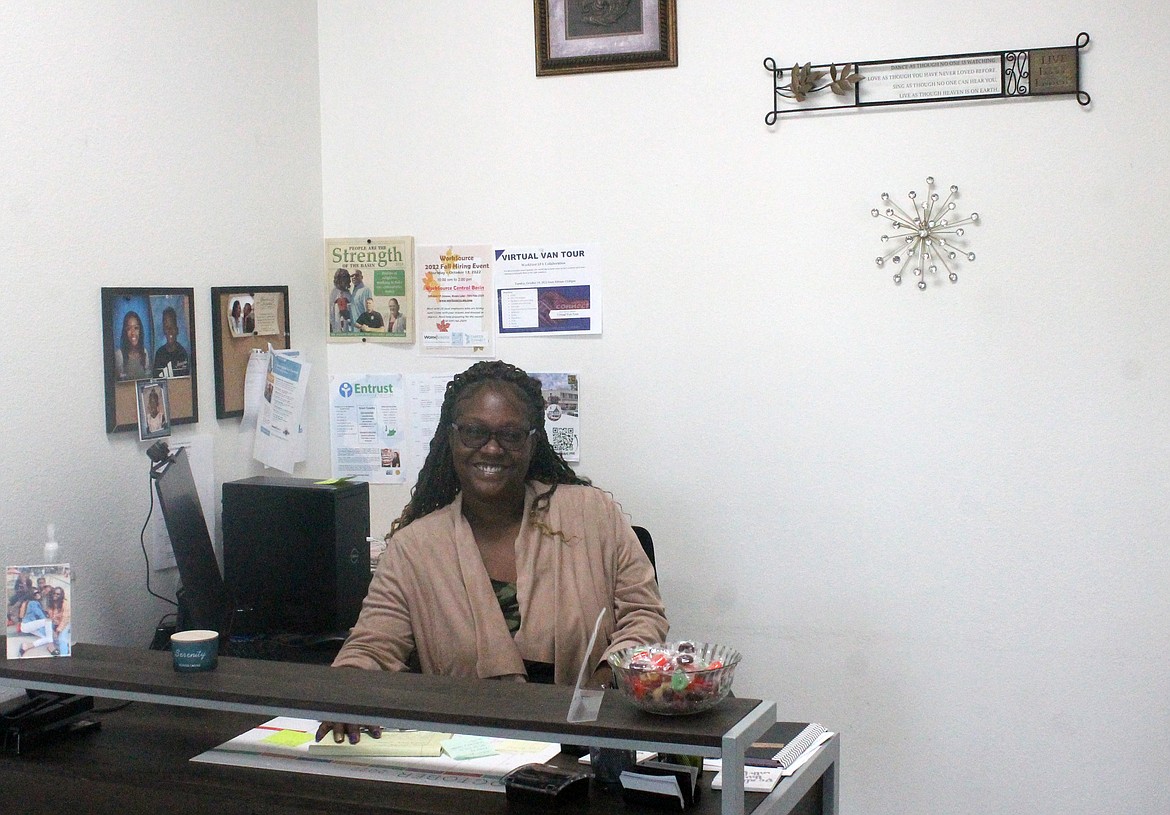‘Enriching lives’
MOSES LAKE — Entrust Community Services’ slogan is “Enriching lives thorough opportunity,” and that’s what they’ve been doing, without a lot of fanfare or publicity.
Become a Subscriber!
You have read all of your free articles this month. Select a plan below to start your subscription today.
Already a subscriber? Login




